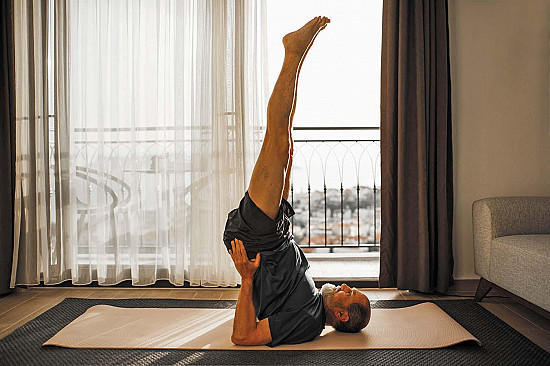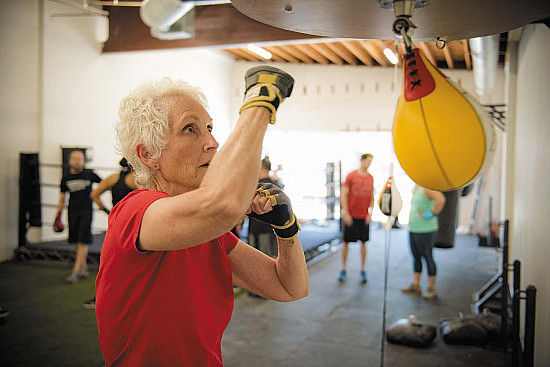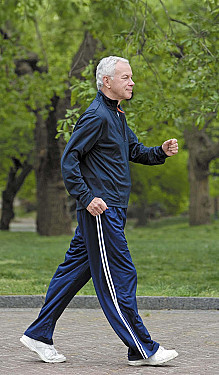
5 timeless habits for better health

What are the symptoms of prostate cancer?

Is your breakfast cereal healthy?

When pain signals an emergency: Symptoms you should never ignore

Does exercise give you energy?

Acupuncture for pain relief: How it works and what to expect

How to avoid jet lag: Tips for staying alert when you travel

Biofeedback therapy: How it works and how it can help relieve pain

Best vitamins and minerals for energy

Should you take probiotics with antibiotics?
Tai chi and chronic pain
Tai chi is a low-impact, slow-motion, mind-body exercise that combines breath control, meditation, and movements to stretch and strengthen muscles. The practice dates back thousands of years.
What does tai chi look like?
As you do tai chi, you move fluidly through a series of motions. The motions are named for animal actions, such as "white crane spreads its wings," or for martial arts moves. As you move, you breathe deeply and naturally, focusing your attention on an area just below the navel. In the practice and theory of tai chi, this area is the body's storage point for energy, or chi.
People typically attend tai chi classes once or twice a week to learn the postures, then perform them in class or at home. Sessions, which usually last an hour, begin with meditation and move on to the postures, which are done slowly. Body posture and deep breathing are key elements of correct tai chi. Regular, ongoing tai chi sessions confer the most benefit.
Health benefits of tai chi
On the physical side, tai chi supports or improves balance, coordination, flexibility, muscle strength, and stamina. On the mental side, tai chi helps relieve stress, improves body awareness and, when done in a group setting, reduces social isolation. Tai chi can be gentle or vigorous, depending on the style you practice (there are several different types).
Tai chi helps ease chronic pain
Some solid research shows that tai chi can benefit people with osteoarthritis, rheumatoid arthritis, fibromyalgia, tension headache, and other ongoing, painful conditions. In one trial, for example, 66 people with fibromyalgia were randomized into two groups: one group took tai chi classes twice a week, the other group attended wellness education and stretching sessions twice a week. After 12 weeks, those in the tai chi group reported less pain, fewer depression symptoms, and better sleep than the control group. The results were published in the New England Journal of Medicine.
Disclaimer:
As a service to our readers, Harvard Health Publishing provides access to our library of archived content. Please note the date of last review or update on all articles.
No content on this site, regardless of date, should ever be used as a substitute for direct medical advice from your doctor or other qualified clinician.

5 timeless habits for better health

What are the symptoms of prostate cancer?

Is your breakfast cereal healthy?

When pain signals an emergency: Symptoms you should never ignore

Does exercise give you energy?

Acupuncture for pain relief: How it works and what to expect

How to avoid jet lag: Tips for staying alert when you travel

Biofeedback therapy: How it works and how it can help relieve pain

Best vitamins and minerals for energy

Should you take probiotics with antibiotics?
Free Healthbeat Signup
Get the latest in health news delivered to your inbox!
Sign Up




